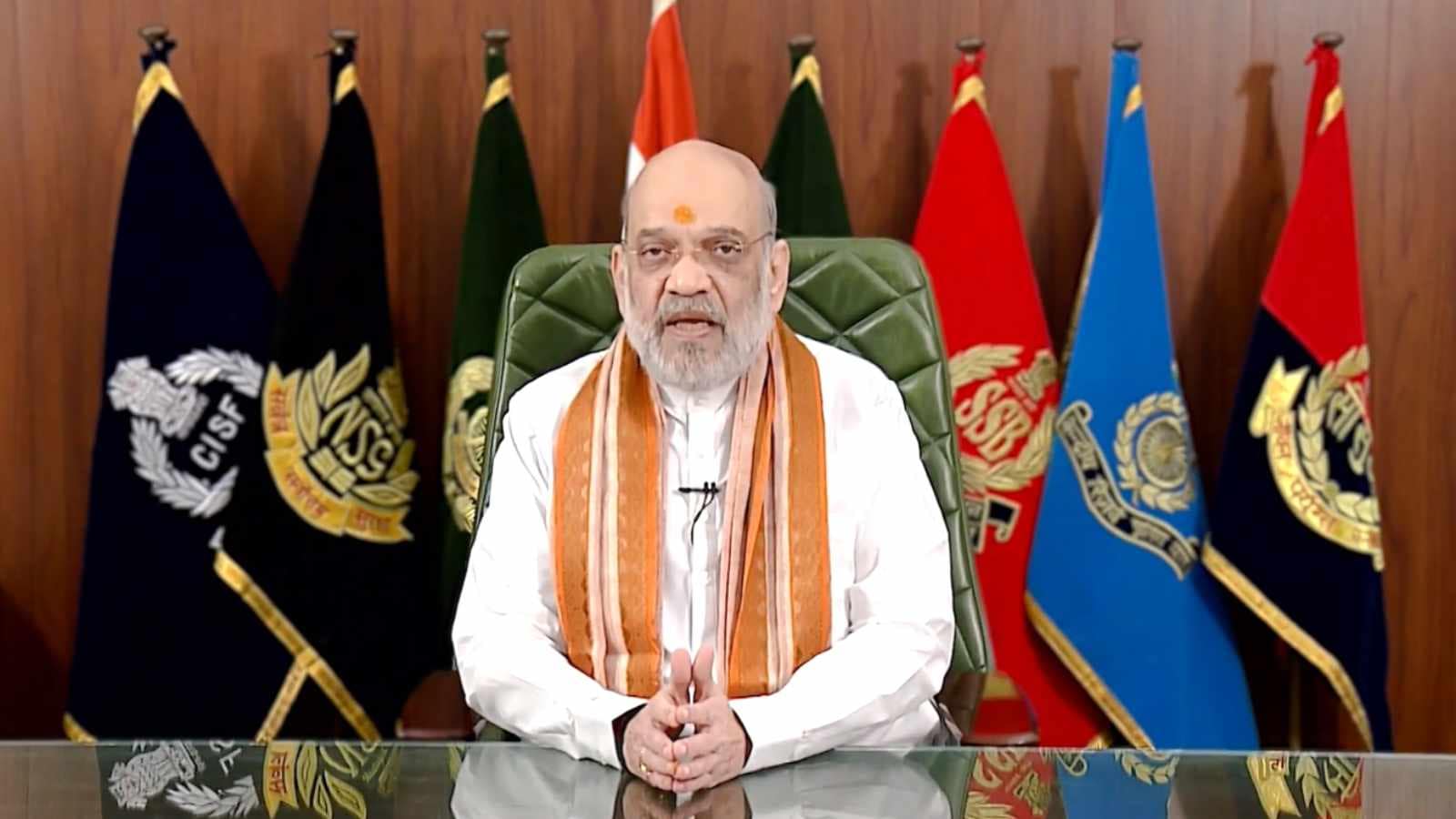Former Chief Minister and Biju Janata Dal (BJD) president Naveen Patnaik’s sharp attacks on the Bharatiya Janata Party (BJP) government recently, even as he was recuperating from a spine surgery for cervical arthritis in Mumbai, had signalled the regional party’s intent to play a combative role as the principal Opposition party in Odisha after its shock defeat in the 2024 elections.
Yet, the BJD’s decision to abstain from voting in the vice-presidential election has surprised many in political circles, especially after months of aggressive posturing against the saffron party over women’s safety and the Polavaram dam project in Andhra Pradesh due to concerns of the project submerging parts of Malkangiri district in Odisha. The choice reflects the party’s limited manoeuvring space — abstention allows it to avoid being seen as backing the Congress-led INDIA alliance.
Vice-presidential election updates
The abstention has undeniably bolstered National Democratic Alliance (NDA) candidate C.P. Radhakrishnan’s prospects. True to its long tradition, however, the BJD has once again softened its stance towards the BJP when it came to a crucial vote and contentious legislation.
‘Equal distance from NDA, INDIA’
Sasmit Patra, leader of the BJD in the Rajya Sabha, said the party’s decision to abstain from voting stemmed from its policy of maintaining equal distance from both the NDA and the INDIA bloc. He emphasised that the BJD’s priority remained the development and welfare of Odisha’s 4.5 crore people, and that senior leaders, members of the Political Affairs Committee (PAC), and Rajya Sabha MPs collectively decided to stay away from the Vice-Presidential election.
Earlier this year, during the vote on the Waqf Amendment Bill, the Naveen Patnaik-led party allowed its Rajya Sabha MPs to exercise their conscience and vote. While some supported the contentious legislation and others opposed it, the NDA eventually gained crucial backing from a party it had handed a stunning defeat only months before.
The BJD has often aligned with the BJP on key legislations in Parliament, including the Jammu and Kashmir Reorganisation Bill (2019), the Muslim Women (Protection of Rights on Marriage) Bill, the Citizenship Amendment Act, the Unlawful Activities (Prevention) Amendment Bill (2019), the Right to Information (Amendment) Bill (2019), and even the government’s decision on demonetisation. The party had also extended support to NDA candidates in the presidential elections of 2017 and 2022.
‘Tacit understanding’
“The two parties were allies for over a decade. They formally parted ways ahead of the 2009 general election, after the Kandhamal anti-Christian violence. But in the true sense, they were never really apart,” said senior journalist and political analyst Rabi Das.
He added, “For the BJD, direct or indirect support to the BJP has often seemed more like a compulsion. Leaders of the regional party fear inviting the Centre’s wrath in the form of investigations into the large-scale irregularities that allegedly took place over 24 years of Naveen Patnaik’s rule. Any such action could hasten the BJD’s disintegration.”
“Over the past decade and a half, the BJD and the BJP have projected themselves as sworn rivals, yet at critical moments, they have come to each other’s rescue. When the BJP formed a government on its own in Odisha for the first time, there were expectations that it would act against BJD leaders over corruption charges. But no leader was ever punished, and some senior bureaucrats from the BJD regime were even given a safe passage. The tacit understanding appears to be that neither side wants to allow the Congress any space for revival,” said Mr. Das.



.png)
.png)
.png)
















 4 days ago
6
4 days ago
6










 English (US) ·
English (US) ·